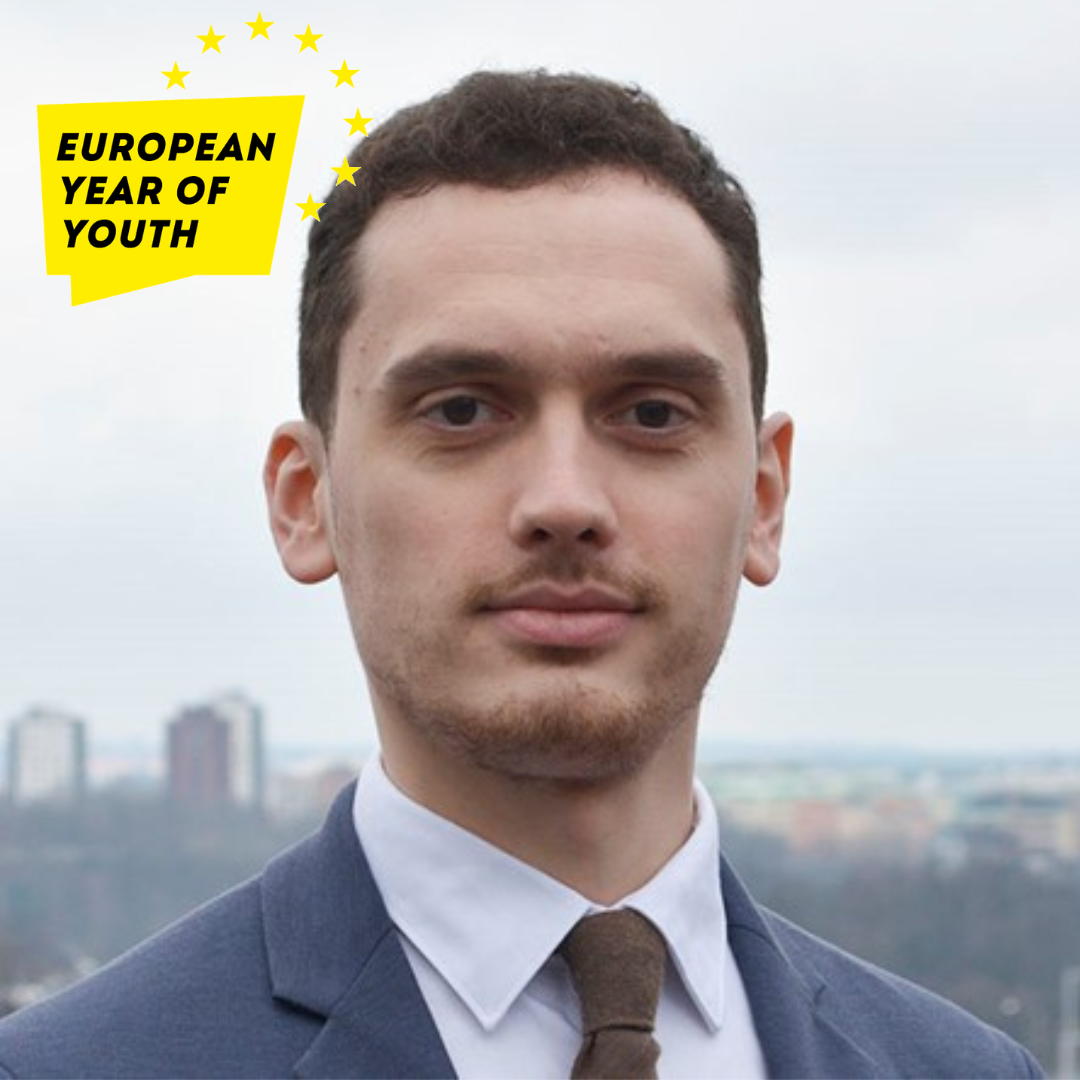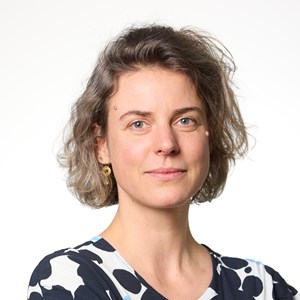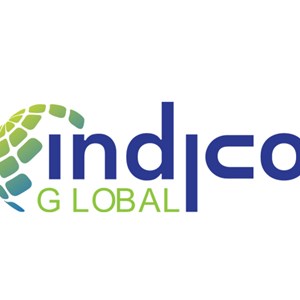2022 is the European Year of Youth. To celebrate this occasion, CEN and CENELEC are conducting a campaign, presenting a regular series of interviews with young professionals active in European standardization. In the sixth episode of the series, we get to know Bledar Beqiri, from Sweden.
1. Please, present yourself. To what extent are you involved in standardization?
I work as a project manager at the Swedish Institute for Standards (SIS) as part of the Environment and Energy Department. In that position, I coordinate a diversified portfolio of standardization work both nationally, in Sweden, and internationally at CEN and ISO, on issues such as packaging, district heating and cooling at the various levels of the standard development hierarchy – working group, subcommittee and technical committee (TC).
2. How did you become interested in standardization?
Standardization caught my attention during my postgraduate studies in sustainable management, while I was working part-time as an internal auditor at a hotel chain. There, I assisted the management in the implementation and evaluation of the environmental management system according to EN ISO 14001. Being still a student at the time, this experience allowed me to engage with the practical application of standards’ principles to analyse the environmental performance of the organization.
My interest in standardization was further strengthened during the drafting of my Master’s thesis, which explored the benefits of remanufacturing in the maritime sector. One of the main conclusions of my research pointed to mandating information and standardization procedures as key policy interventions to enable economically viable remanufacturing processes and to foster the transition to a circular economy.
These experiences provided me with a first glance of the strategic value of standards and, at the same time, helped me understand them from an operational perspective.
3. Do you think standardization (in particular, at the European level) provides some added value for your career development?
Standardization offers a quite unique and nuanced added value, particularly in terms of know-how, as the standard development process builds upon years of valuable experience and state-of-the-art solutions. Furthermore, engaging with a team of international professionals provides you with great opportunities to develop soft skills, such as intercultural fluency and consensus-building. Technical committees provide an open forum for constructive dialogue, with experts involved in the technical work possessing an incredible wealth of expertise in various areas of work. It is very often possible to engage with the experts and ask questions, and just as an observer you have the opportunity to be exposed to discussions that will allow for a multifaceted understanding of global issues.
Participating in standardization also allows to gain valuable insights in the ins and outs of the industry, as it opens incredible amounts of future possibilities for development: the portfolio of projects usually transcends particular sectors to include a variety of industries and business processes. Being part of these dialogues is a rewarding experience, as it means to continually learn from a wide range of stakeholders seeking common solutions to a particular issue.
4. In your experience, what is the real value of the European standardization system?
In my experience so far, the benefits of standards seem to be vast and extensive across all sectors, and have an encompassing impact on all aspects of our economy. First of all, by anticipating technical requirements and facilitating trade, standards level the playing field for market participants. As such, standards help ensure the interoperability of products and services, to the benefits of consumers. Another key benefit is that, due to their role in protecting health, safety, security, and the environment, standards contribute to a safe and healthy occupational environment.
5. Did you have a role model or mentor in standardization? What is the best advice they gave you?
The fun part when involved in standardization is that you may be lucky enough to have multiple mentors, each with their own specific expertise, ensuring you gain the ideas and tools necessary to be able to perform well in your role.
The most consistent advice I received at the onset of my standardization journey, which is still relevant today, was “allow yourself to ask questions”. Usually, we underestimate the impact of quick input, and are instead worried of asking questions for fear of resulting obnoxious. The truth is, colleagues are usually keen to help, and asking questions helps build trust with them, while also spurring mutual learning and the exchange of ideas – which ultimately contributes to your growth and improvement.
6. Why should there be more young people in standardization? And what advice would you like to give your fellow young professionals to invite them into the world of standardization?
With a horizon of 2030 and beyond, we face various challenges in areas of critical importance for people, planet and prosperity. Standardization and its technical committees can be seen as a focal point to enable and facilitate stakeholders’ dialogue on a common position in the pursuit of a more sustainable future. It is a once-in-a-generation opportunity for young professionals to enter the world of standardization and contribute with much needed positive impact.
Participating to standardization allows you to increase your understanding of a variety of issues, while learning from experienced colleagues and experts from all over the world. If you want a first-row seat to a community where everyone strives to identify common solutions for a sustainable future – standardization is for you.
You can follow the rest of the campaign here and also read the other interviews to our Young Professionals in Standardization.
Read the previous episodes of the series:
Episode 3, with Kristin Fagerli
Episode 4, with Alexandre Colombier
Episode 5, with Saharnaz Dilmaghani
Episode 6, with Jayson Shepherd
Join the conversation through the hashtag #EuropeanYearOfYouth

Giovanni COLLOT
gcollot@cencenelec.eu



